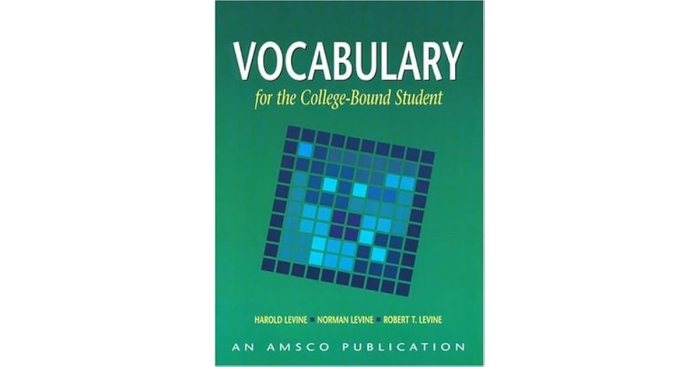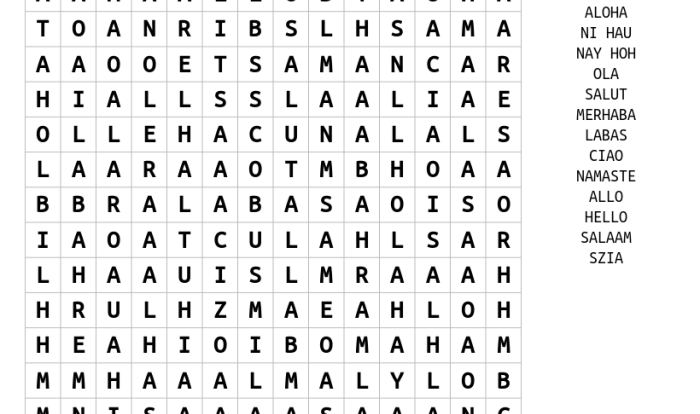Georgia history exemption exam questions present an intriguing opportunity for students to demonstrate their knowledge and potentially earn course credit. This comprehensive guide delves into the intricacies of the exam, providing essential information and strategies to enhance preparation and performance.
The Georgia History Exemption Exam is designed to assess students’ understanding of key historical events, figures, and concepts related to Georgia’s rich past. By successfully passing the exam, students can fulfill high school graduation requirements or earn college credit, saving valuable time and resources.
Georgia History Exemption Exam Overview: Georgia History Exemption Exam Questions

The Georgia History Exemption Exam is an assessment designed to evaluate students’ knowledge and understanding of Georgia’s rich history. By passing the exam, students can earn course credit and potentially satisfy graduation requirements without taking a traditional Georgia history course.
Eligibility and Registration, Georgia history exemption exam questions
- Enrolled in a Georgia high school or homeschool
- Have completed at least one semester of American history
- Register through the Georgia Department of Education website
Benefits and Drawbacks
Benefits:
- Earn course credit without taking a full course
- Free up time for other academic pursuits
- Demonstrate mastery of Georgia history
Drawbacks:
- Requires significant preparation and study
- Can be stressful for some students
- May not be recognized by all colleges and universities
Exam Content and Format
The Georgia History Exemption Exam covers a wide range of historical topics, including:
- Exploration and colonization
- Revolutionary War
- Antebellum period
- Civil War and Reconstruction
- 20th-century Georgia
The exam consists of multiple-choice, short answer, and essay questions. Students have three hours to complete the exam.
Question Formats
- Multiple Choice:50 questions, each worth 1 point
- Short Answer:10 questions, each worth 5 points
- Essay:1 question, worth 20 points
Grading Criteria
The exam is graded on a scale of 0-100. Students must score 70 or higher to pass the exam.
Study Resources and Preparation Strategies
There are numerous resources available to help students prepare for the Georgia History Exemption Exam, including:
- Textbooks:“Georgia: Its History and Government” by James C. Bonner and “Georgia History” by Stephen Davis
- Study Guides:“Georgia History Exemption Exam Study Guide” by Study.com and “Georgia History Exemption Exam Prep” by Kaplan
- Online Resources:Georgia Department of Education website, Georgia Historical Society website
Effective study methods include:
- Creating a study schedule
- Taking practice exams
- Reviewing notes regularly
- Forming study groups
Tips for answering different types of exam questions:
- Multiple Choice:Read the question carefully, eliminate incorrect answers, and choose the best answer.
- Short Answer:Answer the question concisely and accurately, using specific examples.
- Essay:Organize your thoughts, develop a clear thesis statement, and support your arguments with evidence.
FAQ Compilation
What is the purpose of the Georgia History Exemption Exam?
The Georgia History Exemption Exam allows students to demonstrate their knowledge of Georgia history and potentially earn course credit, fulfilling high school graduation requirements or earning college credit.
Who is eligible to take the Georgia History Exemption Exam?
Students enrolled in high school or college in Georgia are eligible to take the Georgia History Exemption Exam.
What are the benefits of taking the Georgia History Exemption Exam?
Passing the Georgia History Exemption Exam can save students time and resources by fulfilling graduation requirements or earning college credit.
What are some effective study strategies for the Georgia History Exemption Exam?
Effective study strategies include using recommended textbooks, study guides, and online resources, practicing answering different types of exam questions, and developing a comprehensive study plan.

